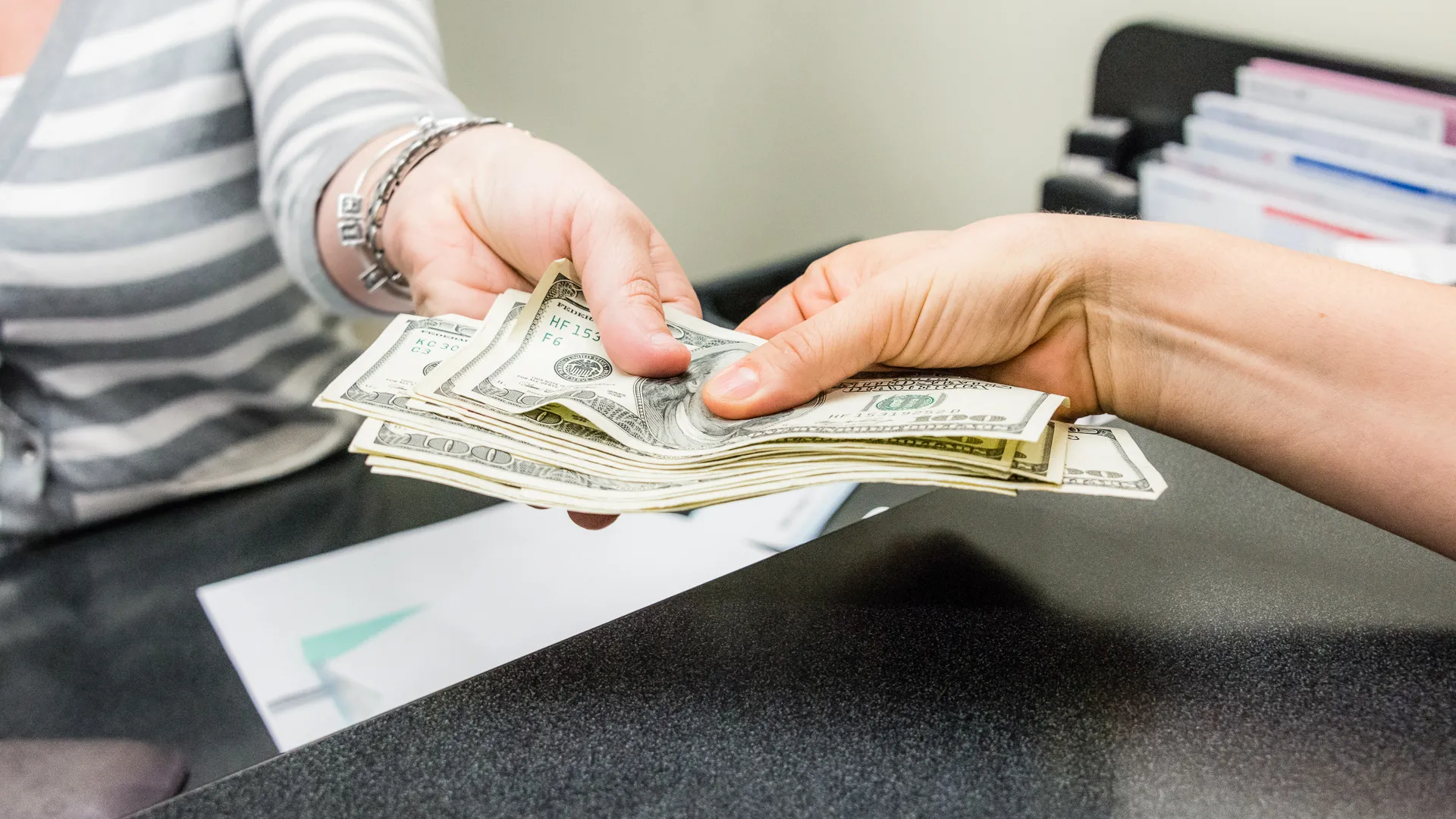"Can You Use a Loan for a Down Payment? Exploring Your Financing Options for Home Buying"
Guide or Summary:Understanding Down PaymentsTypes of Loans for Down PaymentsUsing Personal LoansDown Payment Assistance ProgramsCredit Cards: A Risky Option……
Guide or Summary:
- Understanding Down Payments
- Types of Loans for Down Payments
- Using Personal Loans
- Down Payment Assistance Programs
- Credit Cards: A Risky Option
- Consulting with Lenders
- Conclusion: Weighing Your Options
**Translation:** "Can you use a loan for a down payment"
---

Understanding Down Payments
When embarking on the journey of home buying, one of the most significant financial hurdles is the down payment. A down payment is the initial amount of money you pay upfront when purchasing a home, which is typically expressed as a percentage of the home's total price. Many prospective homeowners often wonder, can you use a loan for a down payment? This question is crucial because it can significantly impact your ability to secure a mortgage and ultimately own a home.
Types of Loans for Down Payments
While traditional wisdom suggests that down payments should come from your savings, there are instances where individuals consider borrowing money for this purpose. There are various types of loans and programs that can assist with down payments, including personal loans, down payment assistance programs, and even certain types of credit cards. However, it’s essential to understand the implications of using a loan for a down payment.
Using Personal Loans
One option is to take out a personal loan to cover the down payment. While this is possible, it’s important to note that lenders typically prefer that down payments come from your own funds. If you use a personal loan, you may face challenges in getting approved for a mortgage, as it can increase your debt-to-income ratio, making you appear riskier to lenders. Additionally, personal loans often come with higher interest rates, which can add to your financial burden.

Down Payment Assistance Programs
Another avenue to explore is down payment assistance programs. Many states and local governments offer programs designed to help first-time homebuyers with their down payments. These programs may provide grants or low-interest loans that can be used specifically for down payments. Unlike personal loans, these programs often have favorable terms and may not require repayment if you meet certain conditions, such as living in the home for a specified period.
Credit Cards: A Risky Option
Some individuals may consider using credit cards to fund their down payment. However, this approach is generally not advisable due to the high-interest rates associated with credit card debt. If you’re unable to pay off the balance quickly, the interest can accumulate rapidly, leading to significant financial strain. Moreover, using credit cards for a down payment can negatively affect your credit score, making it harder to qualify for a mortgage.
Consulting with Lenders
If you’re contemplating whether can you use a loan for a down payment, it’s crucial to consult with mortgage lenders. They can provide insights into the various financing options available to you and help you understand the potential risks and benefits. Lenders can also guide you through the application process for down payment assistance programs or help you explore other creative financing solutions.

Conclusion: Weighing Your Options
In conclusion, while it is technically possible to use a loan for a down payment, it is generally not the most advisable route due to the potential financial implications. Exploring alternatives, such as down payment assistance programs or saving for a larger down payment, may provide a more stable foundation for homeownership. Ultimately, it’s essential to weigh your options carefully and seek professional advice to ensure you make the best decision for your financial future.